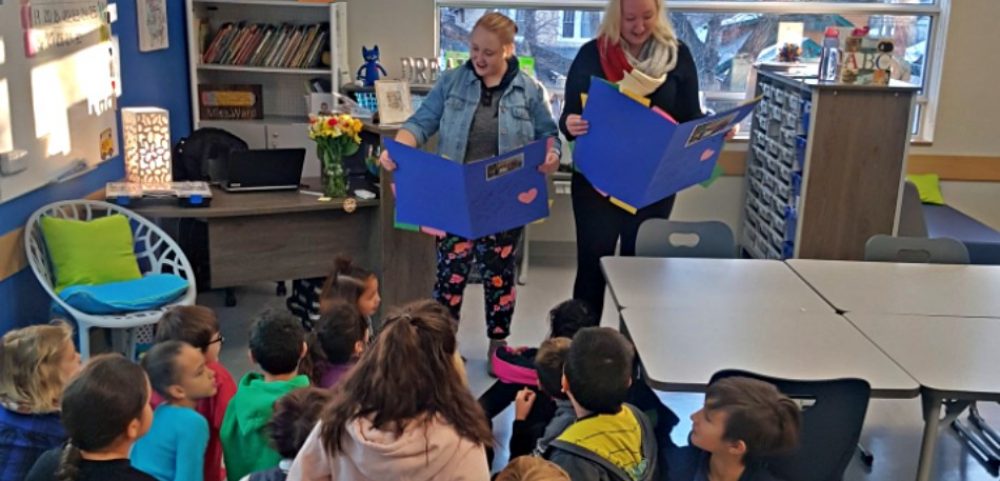In ECS 210 this week we read two articles, both about colonialism, with one specifying in mathematics. In the first article, Leroy Little Bear (2000) states that colonialism “tries to maintain a singular social order by means of force and law, suppressing the diversity of human worldviews. … Typically, this proposition creates oppression and discrimination” (p. 77). This concept is interesting to me when I really think about what it means. I think describing colonialism this way makes it seem like less of a single act, and more of an ongoing systemic issue. I am aware that colonialism is not something of the past, and more than just being the main variable of what made Canada, it is also still occurring in society today. In relation to the other reading this week, I thought back to my own education experience and tried to see where colonialism cause oppression and/or discrimination in mathematics. I did really well in math, numbers and equations have always made sense to me, so I found it rather difficult to unpack what I learned and how I learned it. Looking back math through the years is all a blur. With that said however, I have come to the conclusion that mathematics in Canadian curriculum is oppressive by nature.
Teaching about multiplication or addition can seem like harmless topics, and I assume many would argue that there is not room for social justice in the world of mathematics. However I disagree. Looking at the mathematicians I studied throughout school are all old, white men. Pythagoras, Pascal, and Descartes to name a few, are all white Europeans. Yet their theories are considered to be necessary in the world of math. I do not think there is a single First Nations name that appears in math text books across Canada. This is a problem! First Nations people had their own systems of mathematics before contact with the Europeans. Yet, these systems have been lost and considered to be incorrect. By ignoring the First Nations people’s way of learning math, and having that content absent from curriculum, math in schools becomes oppressive. My mathematics education was extremely oppressive towards other cultures because by the time I graduated grade 12, nobody had once told me a single thing about First Nations math within their culture.
The second article we read was written by Poirier and it was about teaching math in an Inuit community. This article was extremely interesting to me because it looked at math in many new ways. Like I mentioned before, I have only ever been taught math through a singular world view. It was fascinating to learn about different ways people view mathematics. To start, the Inuit community uses base 20, instead of a base 10 model of numbers. This is because when sitting in an igloo, the Inuit people could see their 10 fingers and 10 toes to count, which made 20. I also found it so interesting how different math language is used in other cultures. The Inuit community has different words for the number 3 based on the context. I found this so interesting because it shows the connection between math and the rest of the world. I find in Eurocentric math classrooms, numbers are often viewed as completely separate from the context they are in. Finally I loved learning about how the Inuit community reads their calendar. The months are based on animals and animal changes. This is so different from the written down, 30-day per month calendar I am used to. I think seeing the other versions of math present within Canada proves how oppressive curriculum math is. There are so many different ways to learn, yet we are stuck with an idea of what is correct and choose to ignore any other method.
